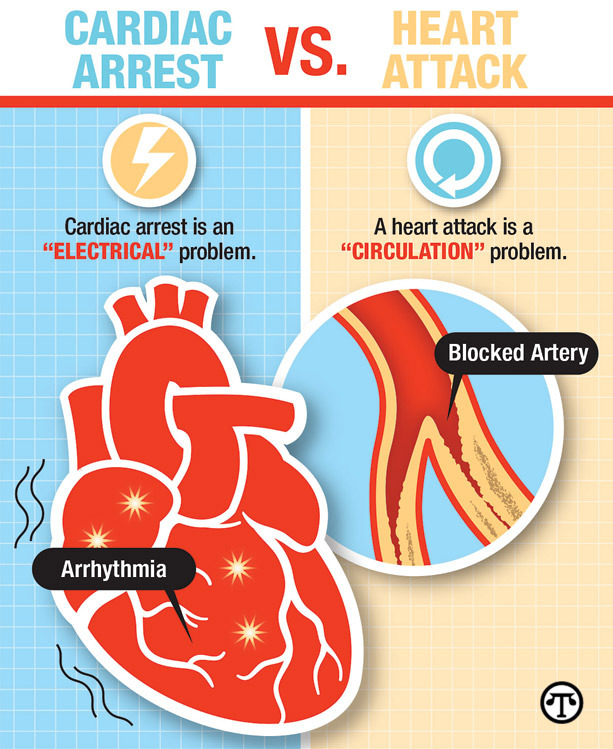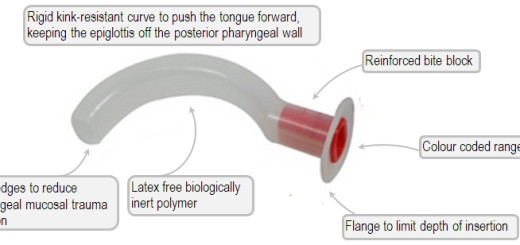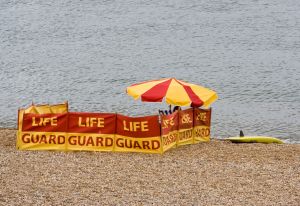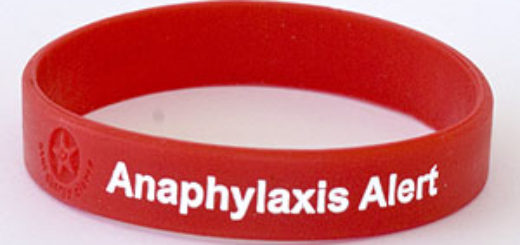What is Sudden Cardiac Arrest (SCA)?
Sudden Cardiac Arrest (SCA) is the unexpected collapse of a patient whose heart has stopped pumping due to an electrical malfunction of the heart.
Sudden Cardiac Arrest is not a heart attack, although a heart attack may cause a sudden cardiac arrest.
In a heart attack, one or more of the arteries delivering blood to the heart is blocked. As a result, oxygen cannot reach the heart muscle and the heart muscle is starved of oxygen and dies. The medical term for a heart attack is myocardial infarction (MI).

A heart attack is a “plumbing” problem whereas a cardiac arrest is an “electrical” problem.
During sudden cardiac arrest, the electrical signals to the pump suddenly become erratic and disorganized. The ventricles may flutter or quiver (ventricular fibrillation) and so blood is not pumped around the body. Blood flow to the brain is reduced and the patient loses consciousness and stops breathing normally. Death will follow unless emergency first aid treatment is given.
There are no prior symptoms of sudden cardiac arrest. However, risk factors have been identified as increasing the potential for sudden cardiac arrest. Common risk factors of sudden cardiac arrest include:
- Family history of Sudden Cardiac Arrest or early cardiac death
- Heart failure
- History of heart rhythm disorders
- Ischemic heart disease
- Previous sudden cardiac arrest episode
How to Recognize Sudden Cardiac Arrest
If a patient is unresponsive and not breathing normally then this should be treated as a cardiac arrest situation. Do not waste time in checking for a pulse unless you have been specifically trained (for example – as a healthcare professional).
Treatment for Sudden Cardiac Arrest
The treatment for sudden cardiac arrest is Cardiopulmonary Resuscitation (CPR) and defibrillation. CPR keeps oxygenated blood flowing around the body until the arrival of a defibrillator. Defibrillation involves an electrical shock through the heart muscle in order to ‘reset’ chaotic electrical activity and restore the heart’s normal pumping.






Very informative.
I learn more about CPR and first aid
Great job!